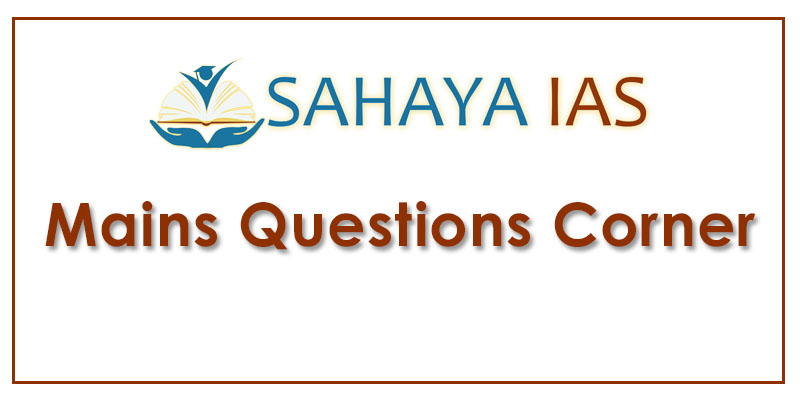Highlights
- Investigations and a series of arrests made by the Maharashtra ATS and Karnataka Police point to connections among these murders, and suggest the involvement of radical Hindutva groups.
- Exactly five years ago, on August 20, 2013, Narendra Dabholkar, Maharashtra’s best known and most vocal anti-superstition activist and rationalist, was shot dead in Pune.
- In February 2015, Govind Pansare, another rationalist from the same state, was killed in almost identical fashion.
- In August that year, Prof M M Kalburgi, former Vice-Chancellor of Kannada University, was killed at his home in Dharwad.
- And in September last year, journalist-activist Gauri Lankesh was murdered at the door of her house in Bengaluru.
- Investigations and a series of arrests made by the Maharashtra ATS and Karnataka Police point to connections among these murders, and suggest the involvement of radical Hindutva groups.
- All the four victims proclaimed themselves rationalists or anti-godmen, their activism and work centred on attacking superstition, they advocated a scientific temper.
- They communicated their message in the local language, Marathi or Kannada, and directly challenged the use of religious texts to perpetuate feudal practices.
The idea of rationalism
- It is often believed that in India faith rules, and rationalism is a western stereotype.
- While the number of Indians who did not state their religion was only 2.9 million in the Census of 2011, this figure represented a dramatic increase over the previous Census of 2001 — when it was only 700,000.
- Rationalists and sceptics who held out for scientific ideas have been a part of the Indian tradition since at least the 6th century BC.
- Ajita Kesakambalin, a contemporary of the Buddha, was the earliest known teacher of complete materialism.
- He is considered the forerunner of the philosophical tradition of the Charvakas, who privileged direct perception, empiricism and scepticism over Vedic ritualism.
- The original texts of the Charvakas have not survived, but references to their rationalist tradition is found in Buddhist and Jain works.
- The Buddha himself cautioned against accepting “what has been acquired by repeated hearing”, and encouraged contemplation and independent thinking.
- Within the wider Brahminical tradition, shades of opinion prevailed between the Brahmanas and the Shramanas, and many found their beliefs in the middle.
- The relationship between the two extremes was characterized as that between the “snake and the mongoose”, suggesting frequent philosophical debates and struggles.
- Debiprasad Chattopadhyay, who has chronicled the history of philosophy and science in India, has mentioned one Uddalaka Aruni in the Chhandogya Upanishad, who speaks of the importance observing phenomena that take place before the eyes, and not supernatural phenomena — the very essence of rationalism.
Maharashtra, elsewhere
- The region that is It was here that Babasaheb Ambedkar embraced Buddhism, and the Republican parties carry forward his legacy in their own ways.
- Jyotiba Phule and Savitri Phule rejected caste and gender inequalities.
- The first recorded reservation in educational institutes for backward castes was instituted in Maharashtra by Chhatrapati Shahu Maharaj of Kolhapur (1894-1922).
- But Maharashtra was not the only state which saw vibrant social reform.
- Narayana Guru in Kerala and E V Ramasamy Naicker ‘Periyar’ in Tamil Nadu were early advocates of progress.
- The Self-Respect movement in Tamil Nadu, and the Left movements in Kerala and West Bengal made a strong case for rationalism and egalitarianism, and rejected blind faith.
- In the early modern period in Bengal, Raja Ram Mohan Roy and the Brahmo Samaj led the charge against regressive tradition.
India’s Constitution
- Article 51A (H) of the Constitution of India gives a call “to develop the scientific temper, humanism and the spirit of inquiry and reform”.
- The leaders of the national movement hoped that the lofty ideals of the emerging Indian state would encourage a modern and progressive outlook.
- Privileging a civic idea of the nation over blood or faith, caste or creed, would be vital to keep a diverse and unequal country together, they believed.



Comments (0)